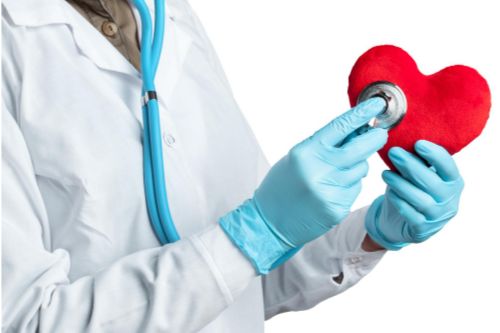Table of Contents
Study of Heart – Everything you need to know
In Cardiology, cardio means “heart” and logy means “study”. It is a branch of medicine dealing with the disorders of the heart as well as parts of the circulatory system. The field includes medical diagnosis and treatment of congenital heart defects, coronary artery disease, heart failure, valvular heart disease and electrophysiology. Hence the study of the heart is cardiology.
What is electrophysiology?
The science of understanding, identifying, and managing the electrical processes of the heart is known as cardiac electrophysiology. Invasive (intracardiac) catheter recording of both spontaneous activity and cardiac responses to pre-programmed electrical stimulation is typically utilized to study these phenomena (PES). These investigations are carried out to analyze complex arrhythmias, clarify symptoms, examine aberrant electrocardiograms, determine the likelihood of future arrhythmia development, and formulate a treatment plan. Along with diagnostic and prognostic procedures, these procedures increasingly employ therapeutic techniques (usually radiofrequency ablation or cryoablation). Pacemakers, automated implanted cardioverter-defibrillators, and antiarrhythmic medication therapy are some of the additional therapeutic techniques used in this sector (AICD).
Need of electrophysiological study?
- To assess symptoms such as dizziness, fainting, weakness, palpitations, or others to see if a rhythm issue may be the source of such symptoms. When previous tests have come up negative and your doctor has a strong suspicion that you have a heart rhythm issue, this procedure may be used.
- To learn more about excessively fast or slow heart beats, use EP studies.
- To locate the cause of a cardiac rhythm issue with the intention of doing ablation once the cause is found
- To assess the effectiveness of any medication used to treat a rhythm issue
Heart problem symptoms:

- Shortness of breath
- Dizziness
- Chest pains
- Changes in heart rate or rhythm
- High blood pressure
The cardiologist can give advice about preventing heart disease.
A person may need to see a cardiologist even without symptoms, if they have a family history of heart disease or high cholesterol, if they are or have been a smoker, if they have diabetes, or if they are starting a new exercise program.
A woman who has had pre-eclampsia may be at higher risk of heart problems in a later pregnancy or during the menopause.
Cardiologist
A cardiologist is a physician who’s an expert in the care of your heart and blood vessels. They can treat or help you prevent a number of cardiovascular problems. They can also specialize in specific areas, such as abnormal heart rhythms, heart failure or heart problems you’ve had since birth.
Key takeaways:
- electrophysiology is the medical specialty concerned with the physiology and study of heart
- electrophysiology asses medications and checks its effectiveness for the heart and also analyses the electric processes of heart
- You can visit a Cardiologist when you have any abnormal symptoms relating to heart problems.
Did you find this blog informative? If so, please share your thoughts in the comments below Click here to contact us for more information on the study of heart. We would be happy to assist you with your queries.
Liked this blog? Read next: All you need to know about MBBS in Singapore
FAQs
Q1. Which instrument can detect heart disorders?
Answer- Electrocardiogram (ECG or EKG).
An ECG is a quick and painless test that records the electrical signals in the heart. It can tell if the heart is beating too fast or too slowly.
Q2. What causes weak heart?
Answer- Most often, a weakened heart muscle is caused by coronary artery disease or heart attack, but faulty heart valves, long-standing high blood pressure, and genetic disease may also be to blame. And sometimes, more than one condition may play a role in your weakening heart.
Q3. What is the heartbeat controlled by?
Answer- Heart rate is controlled by the two branches of the autonomic (involuntary) nervous system. The sympathetic nervous system (SNS) and the parasympathetic nervous system (PNS). The sympathetic nervous system (SNS) releases the hormones (catecholamines – epinephrine and norepinephrine) to accelerate the heart rate.






